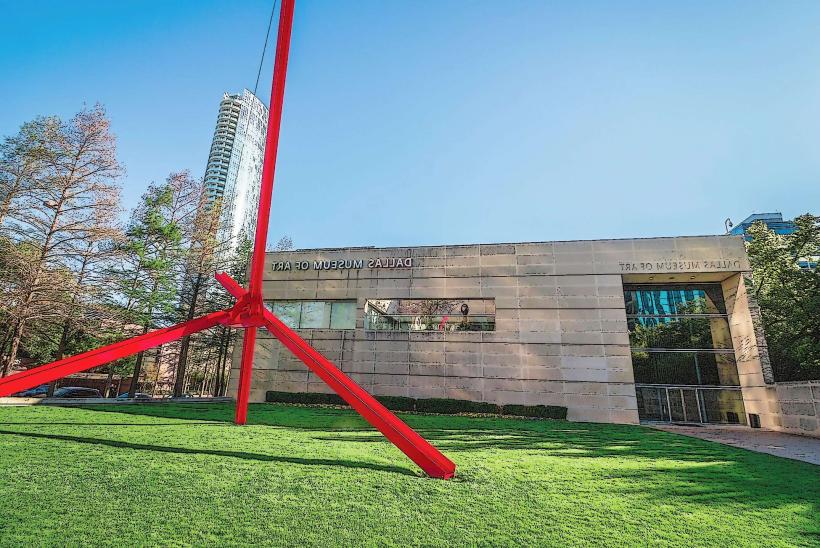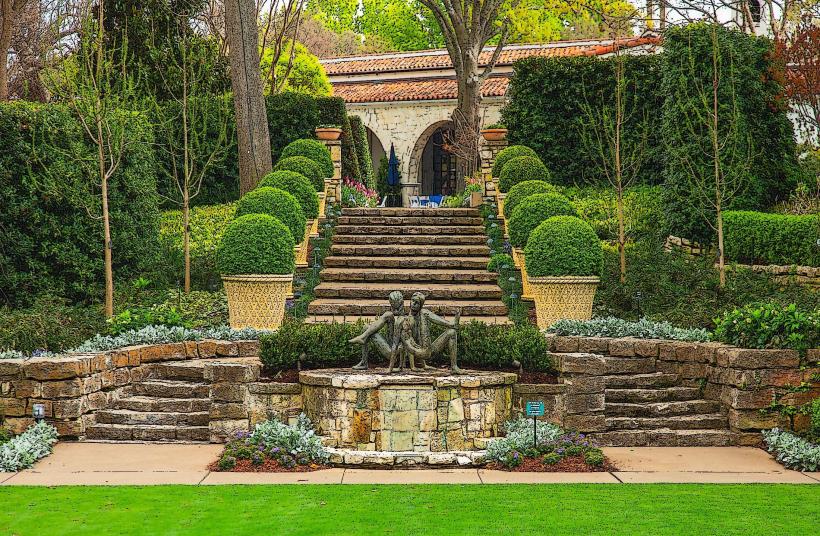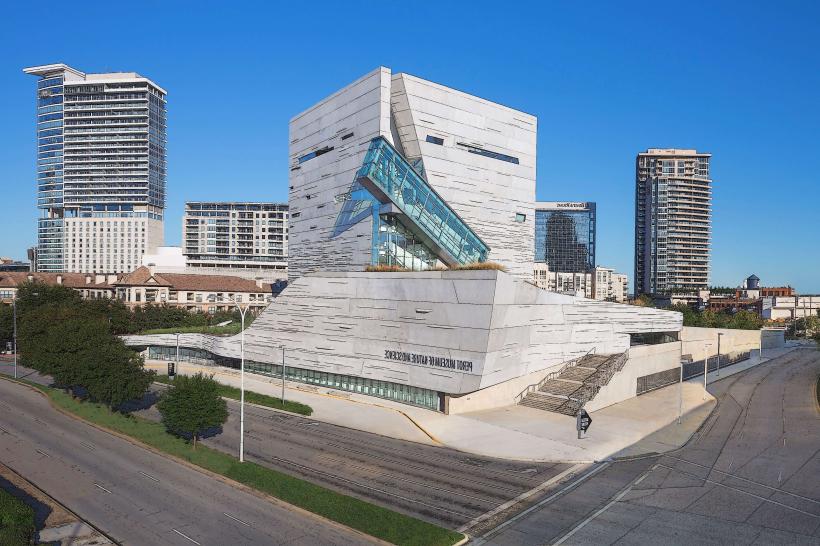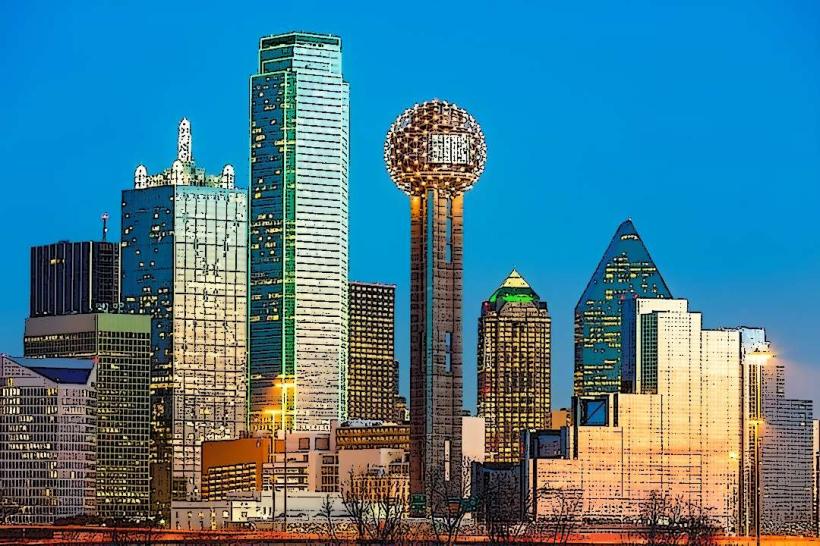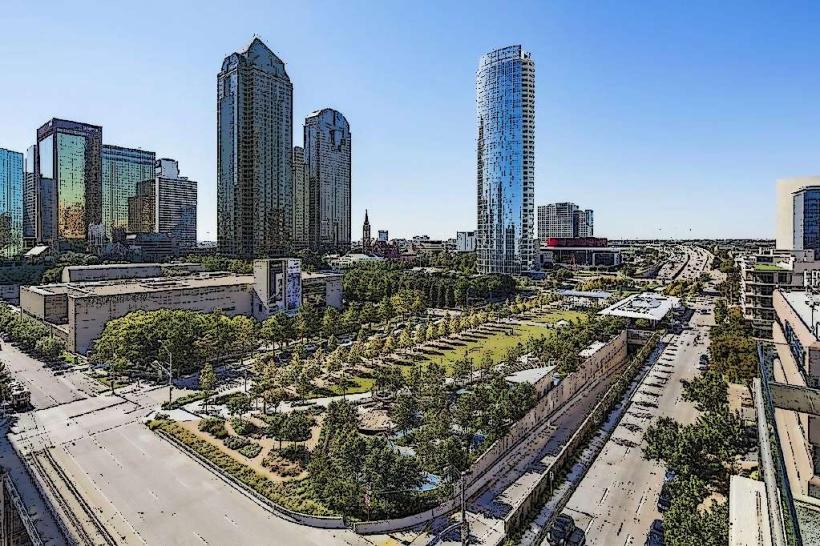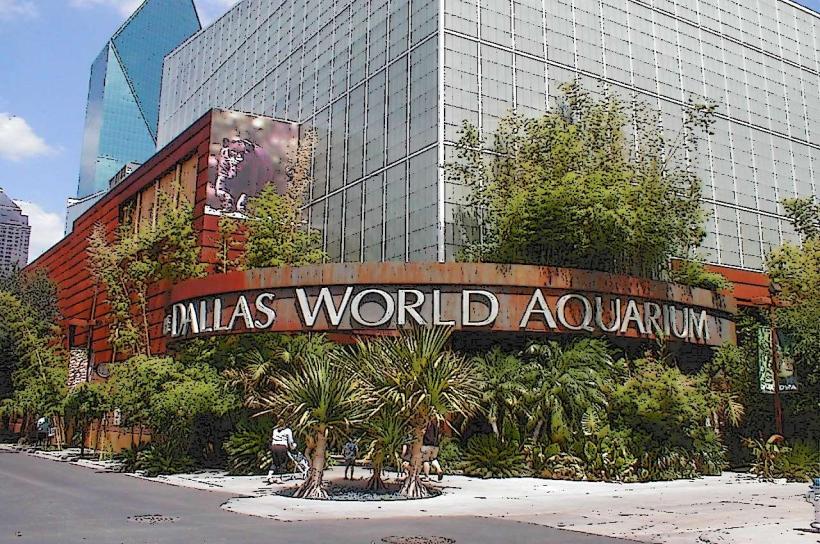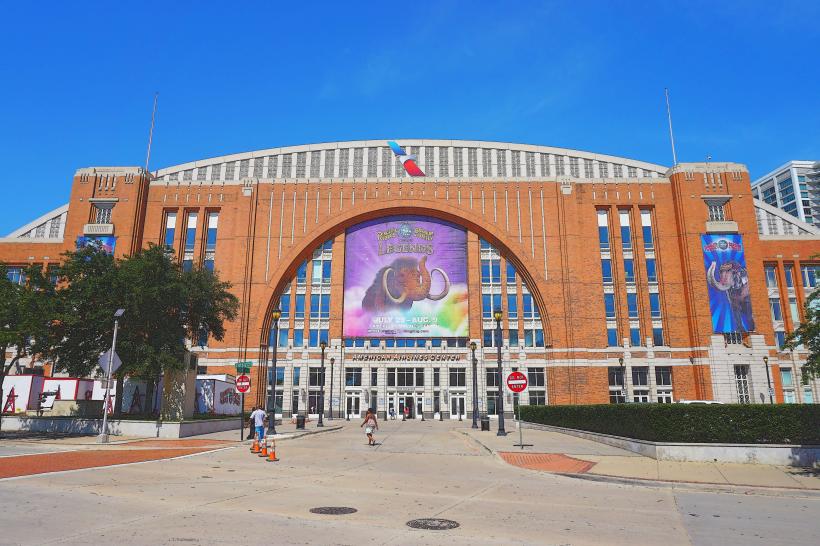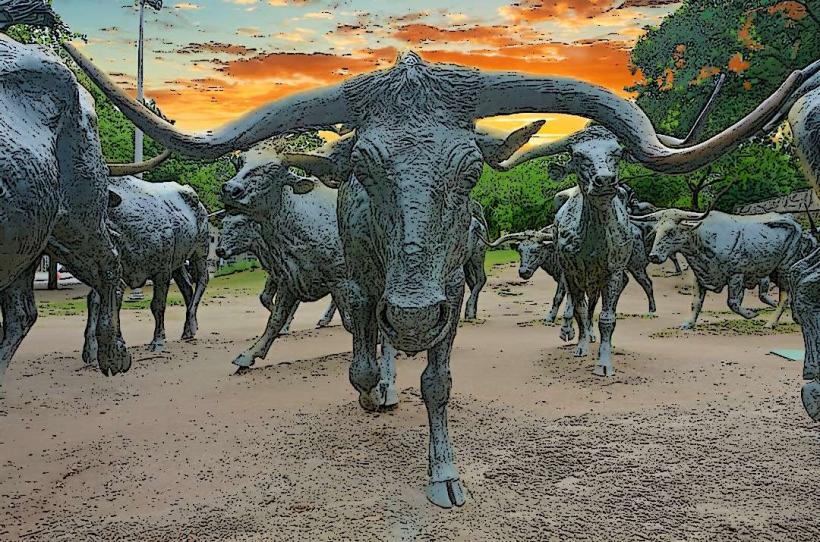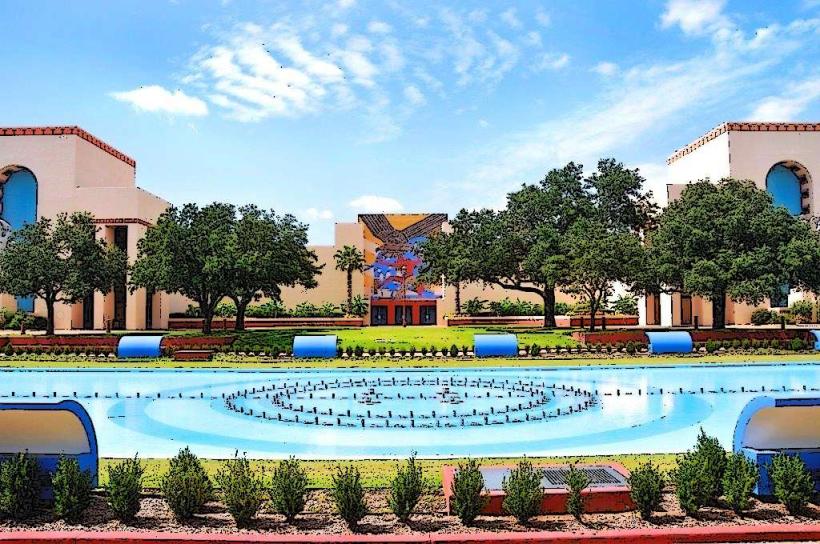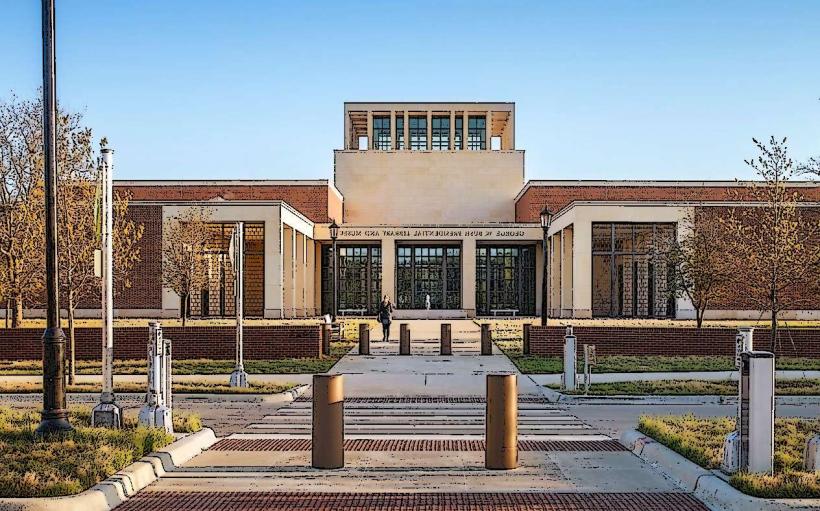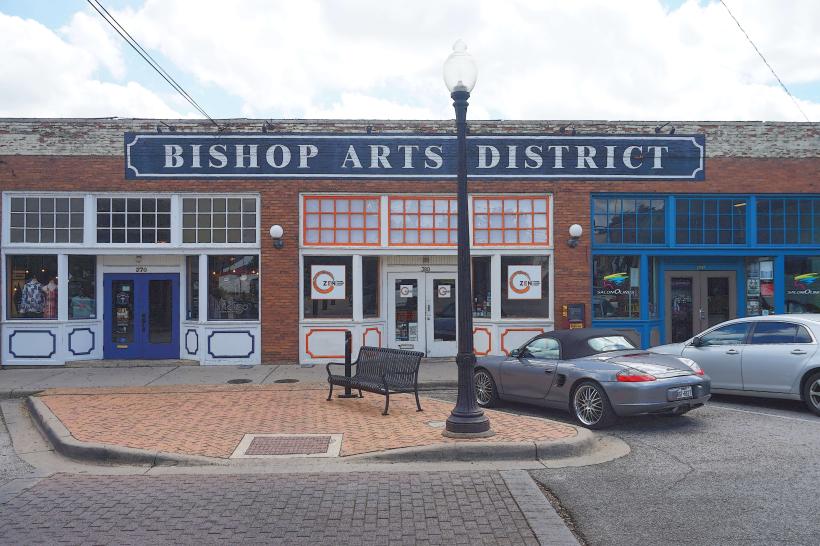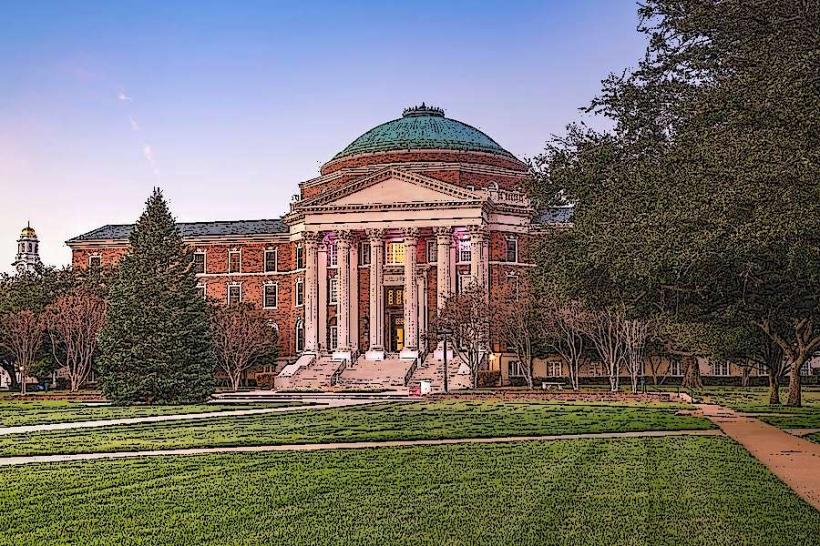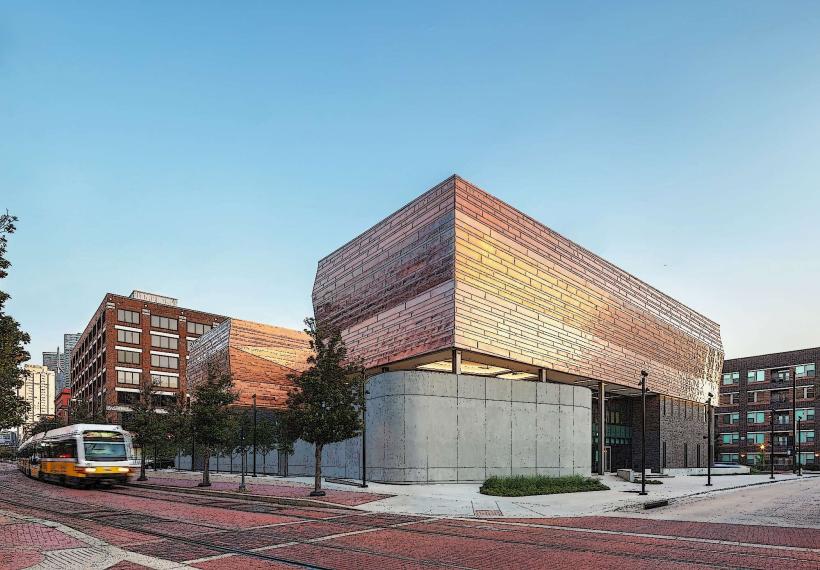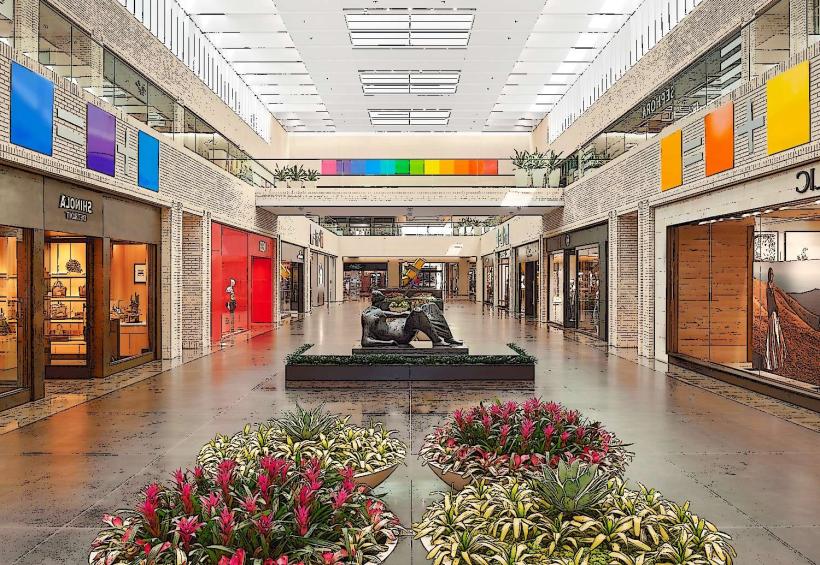Information
Landmark: Sixth Floor Museum at Dealey PlazaCity: Dallas
Country: USA Texas
Continent: North America
Sixth Floor Museum at Dealey Plaza, Dallas, USA Texas, North America
The Sixth Floor Museum at Dealey Plaza in Dallas, Texas, is a historically significant museum dedicated to the life and legacy of President John F. Kennedy, particularly focusing on the tragic events of his assassination on November 22, 1963. Located in the former Texas School Book Depository, the museum offers visitors a chance to learn about one of the most pivotal moments in American history.
History and Mission
Opening: The museum officially opened on February 20, 1989, nearly 26 years after Kennedy's assassination. The museum’s creation was driven by a desire to honor Kennedy’s memory and educate the public about the events of that day.
Location: The museum occupies the sixth and seventh floors of the Texas School Book Depository. On the sixth floor, visitors can see the spot from which Lee Harvey Oswald fired the fatal shots that assassinated Kennedy as his motorcade passed through Dealey Plaza.
Mission: The museum is committed to preserving the history of President Kennedy's life, his presidency, and the profound impact his death had on the United States. The museum serves as both a memorial and an educational resource.
Exhibits and Collections
The museum’s exhibits focus on the life of John F. Kennedy, the events of his assassination, and its aftermath, offering visitors a chance to reflect on a key moment in modern American history.
Permanent Exhibit: John F. Kennedy and the Memory of a Nation
Overview: This exhibit provides a comprehensive look at Kennedy's life and presidency, with a particular emphasis on his time in office and the impact of his assassination.
Key Artifacts: The exhibit features photographs, films, and documents from Kennedy’s life and career, as well as personal artifacts, including items belonging to the Kennedy family. Visitors can view a recreation of the assassination scene, including the southeast corner window from which Oswald fired the fatal shots.
Vantage Point: One of the most powerful aspects of the exhibit is the viewpoint from the window where Oswald allegedly fired the rifle. The museum has recreated this area, allowing visitors to understand the exact perspective from which the tragic events unfolded.
Temporary and Special Exhibitions
The seventh floor of the museum hosts rotating exhibits that delve deeper into the Kennedy era and explore various historical topics, including:
The civil rights movement, which was an important aspect of Kennedy’s presidency.
The Cold War and Kennedy’s foreign policy challenges, including the Cuban Missile Crisis.
Exhibits focusing on Kennedy's legacy, the subsequent investigations, and the cultural impact of his presidency.
The museum also offers public programs and educational initiatives, such as lectures and discussions that offer additional perspectives on the era and the events surrounding the assassination.
Visitor Experience
The Sixth Floor Museum is a deeply immersive and emotional experience for visitors. It offers not only a historical perspective on President Kennedy’s life but also a powerful look at how his death changed the nation.
Audio Guides: The museum offers free audio guides included with admission. The audio guides are available in multiple languages: English, Spanish, French, German, Portuguese, Japanese, and even a special Family version for younger visitors. This helps provide context to the exhibits and the historical significance of the events on display.
Timed Entry: To manage the volume of visitors, the museum operates on a timed-entry system. It is recommended that visitors purchase tickets in advance to guarantee entry during their desired time. Tickets are priced at:
Adults: $22
Seniors (65+): $20
Youth (6–18): $18
Children under 5: Free
Hours of Operation
The museum is open Wednesday through Sunday, from 10:00 AM to 5:00 PM. It is closed on Mondays and Tuesdays.
The last ticket is sold at 4:15 PM, so it’s recommended to arrive early to make the most of your visit.
Location and Accessibility
Address: The museum is located at 411 Elm Street, Dallas, TX 75202, in the heart of Dealey Plaza, where Kennedy’s motorcade passed on the day of his assassination.
Parking: There are several paid parking lots nearby, though rates may vary. Some parking is available adjacent to the museum, making it easy for visitors to find parking in close proximity.
Public Transit: The museum is conveniently located near public transportation options. It’s about three blocks west of West End Station, which is accessible via the Dallas Area Rapid Transit (DART) system. Union Station, located five blocks to the north, offers connections to regional trains (TRE) to Fort Worth.
Memorial and Legacy
Beyond the exhibits, the Sixth Floor Museum at Dealey Plaza serves as a memorial to President Kennedy. Visitors can reflect on his legacy in the context of the times he lived in, as well as the lasting influence he has had on the United States and the world. Many visitors also take the time to visit Dealey Plaza itself, which remains an iconic and somber place in American history.
Additional Resources
Interactive Guide: The museum offers an interactive guide to explore the history of Dealey Plaza and Kennedy’s assassination. The guide is available in both English and Spanish and offers additional context about the events and the location.
Oral History Project: The museum houses an oral history project that features interviews with witnesses, historians, and people connected to the events of that day. These oral histories provide an invaluable resource for understanding the impact of the assassination on those who lived through it.
Conclusion
The Sixth Floor Museum at Dealey Plaza provides an educational and moving experience, combining historical artifacts, personal stories, and powerful visuals to tell the story of John F. Kennedy’s life and legacy. Whether you are interested in history, politics, or the cultural impact of the 1960s, the museum offers an unforgettable look at one of the most significant moments in modern American history.

